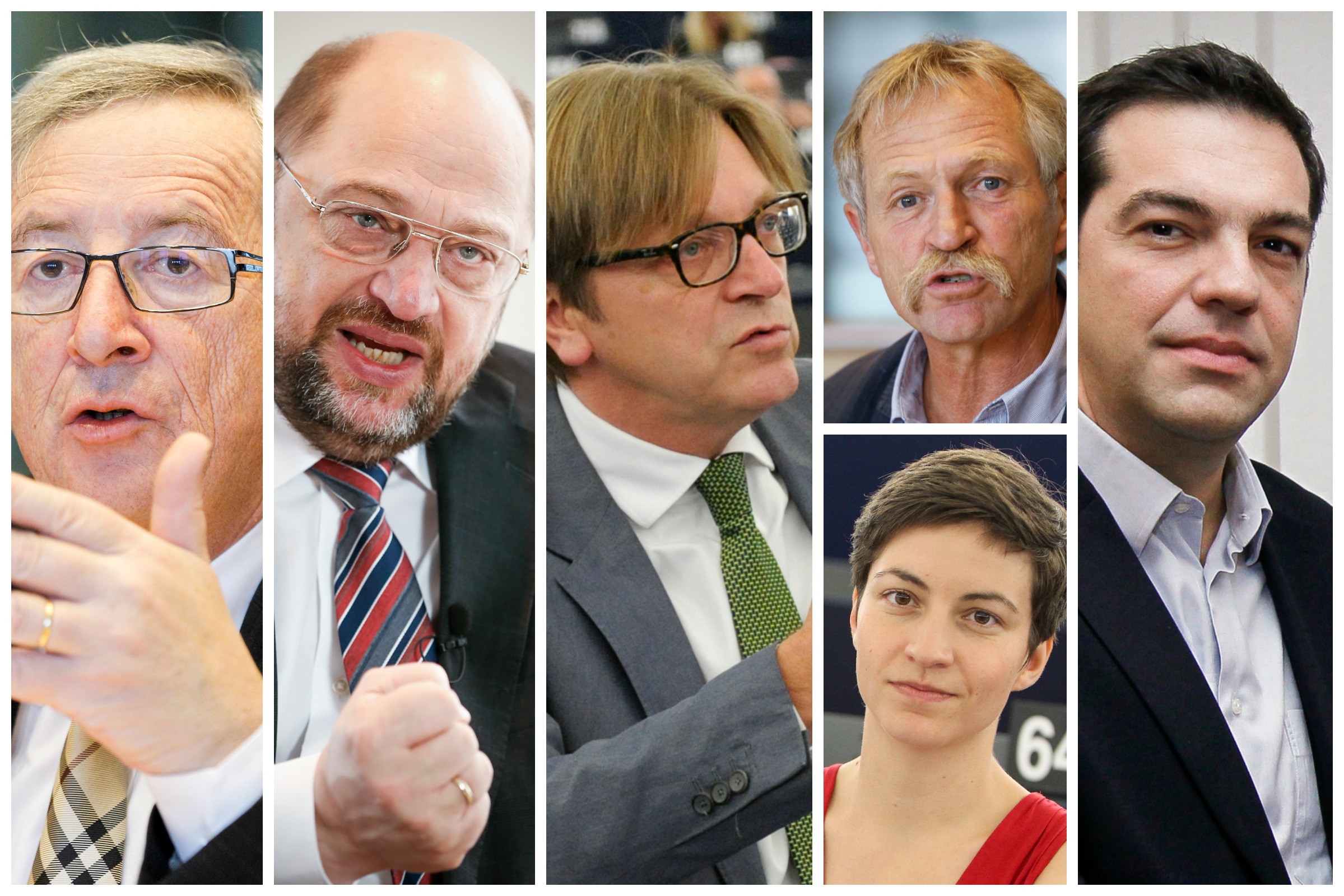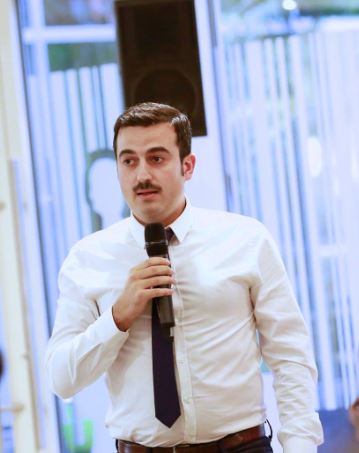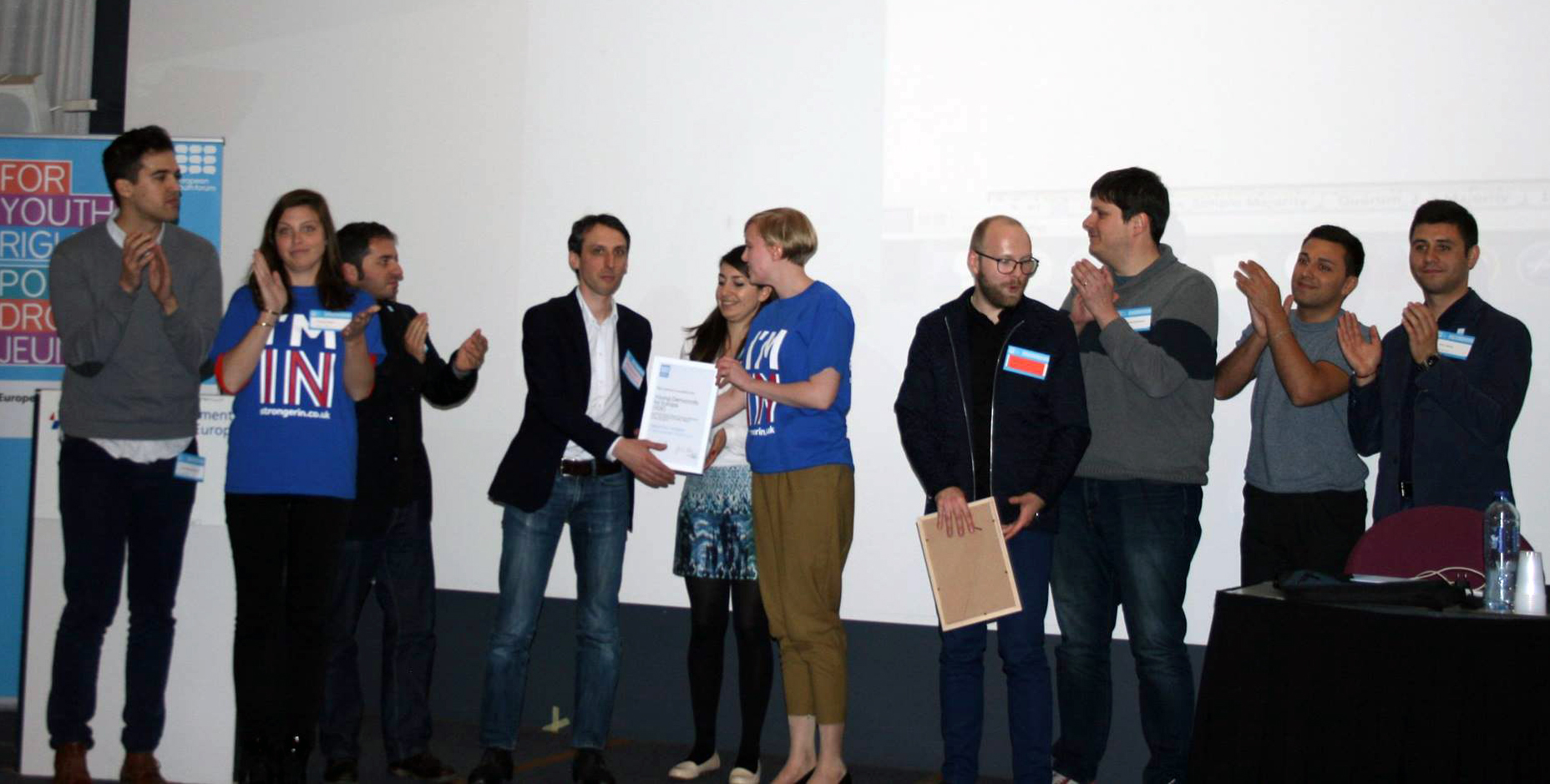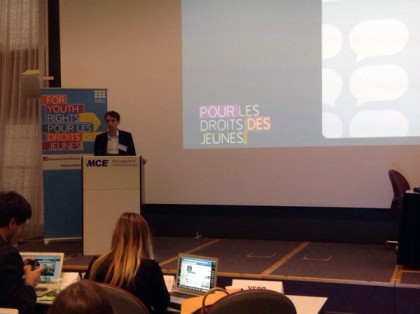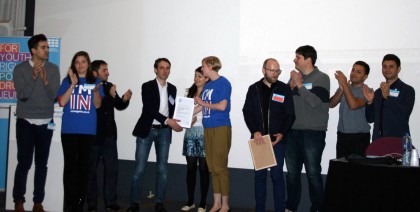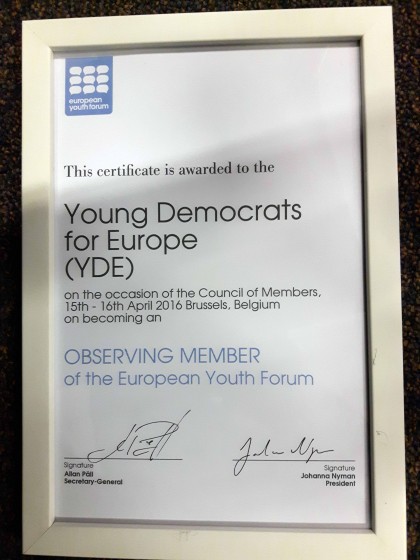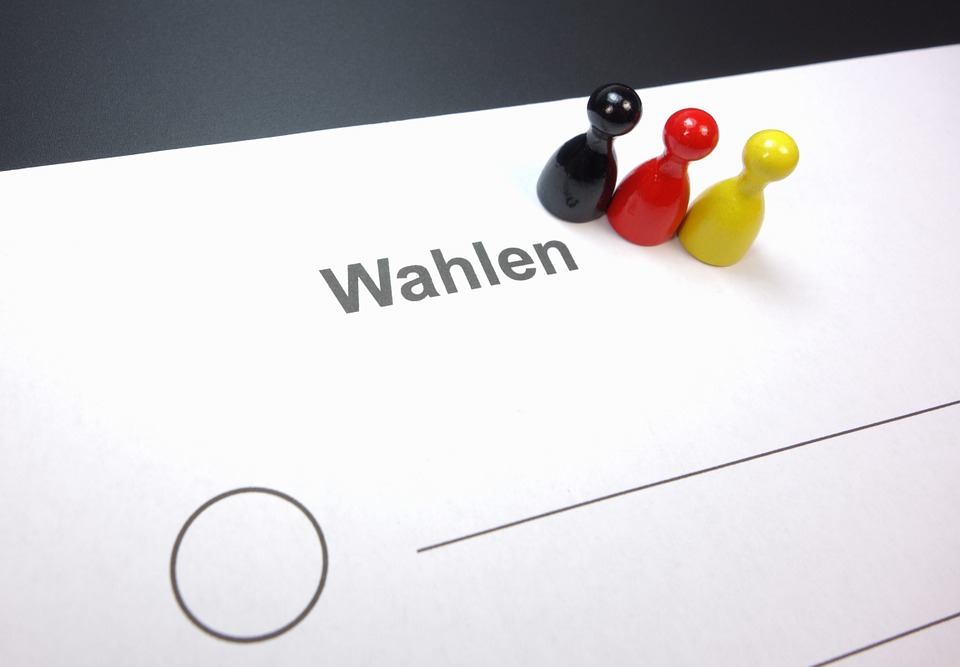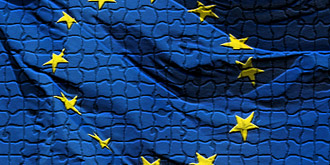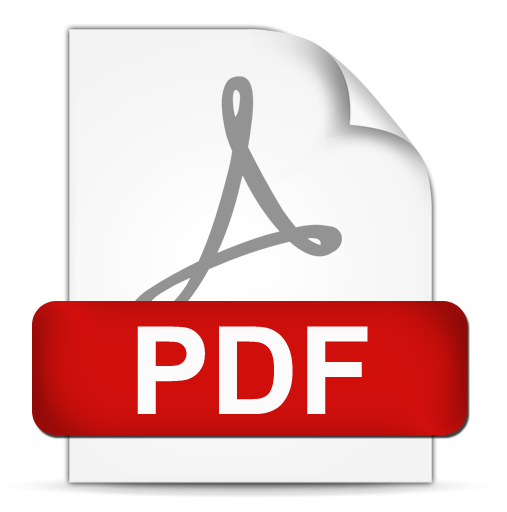Young people demand the election of the President of the European Commission remains democratic
Statement from political party youth organisations on discussions by Heads of EU Member States to block the “Spitzenkandidaten” process of electing the President of the European Commission.
The 2014 European elections were the first time voters were able to have a say on who should run the European Commission, with the five main European political parties putting forward candidates who became known by the German term “Spitzenkandidaten”. The main European political party youth organisations have strongly defended this democratic system following reports that almost all EU Heads of States or Government are planning to revert to the previous system, under which they decide on the President behind closed doors.
The European Union is facing challenges on multiple levels, and clear European leadership is essential if Europe is to act cohesively to solve its existential issues. It is vital, therefore, for the EU’s future that it strives to be ever-more democratic and transparent. The process of European elections determining the next President of the Commission has been a hugely positive step in empowering citizens to choose the direction of the EU, adding transparency and more democratic legitimacy to the process. Reversing this would be a regressive step in the democratising trend that has been ongoing in the EU for several decades, especially at a time when the citizens already feel that the EU lacks legitimacy.
The Spitzenkandidaten process gave a face to European leaders. It helped to open up EU democracy, which often seems to be very distant from citizens, especially for young people. In 2014, the European Youth Forum, along with the University and City of Maastricht and Euronews, organised the first-ever televised debate between these Spitzenkandidaten. This debate, broadcast live to millions of viewers, focused on youth issues. Over the course of the elections, the Spitzenkandidaten process contributed to bigger media coverage and, in several Member States, it stopped the tendency of continuously decreasing participation rates. A regressive move back to the old system would risk further alienating voters, particularly young voters, who are often sceptical of engaging in traditional politics. To secure more popular support, the European Union needs to be more democratic, not less.
It is in the interest of our national leaders to support the continuous opening up of European democracy. Therefore we demand that they follow the recent call from the European Parliament to secure and develop the Spitzenkandidaten process.
After all, is it not better that one of the key leadership positions of the EU is decided on by its 500 million citizens rather than just by 28 heads of state?
YFJ – European Youth Forum
YEPP – Youth of European People’s Party
DEMYC- Democrat Youth Community of Europe
FYEG – Federation of Young European Greens
EFAY – European Free Alliance Youth
LYMEC – European Liberal Youth
JEF – Young European Federalists
IFLRY – International Federation of Liberal Youth
IUSY – International Union of Socialist Youth
YES – Young European Socialists
YDE – Young Democrats for Europe
AEGEE-Europe – European Students’ Forum

